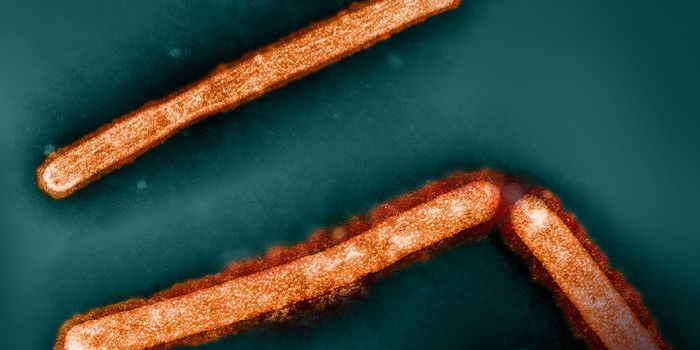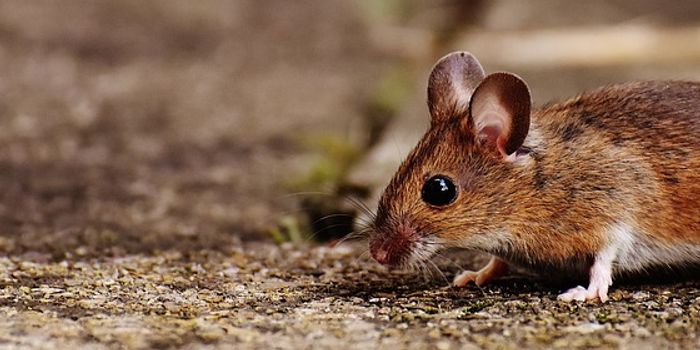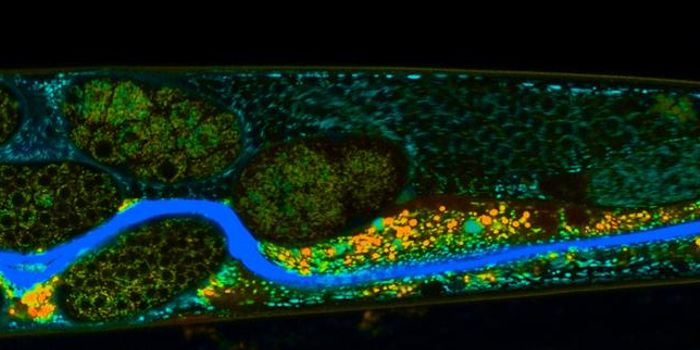Rare Amur Tiger Returned to the Wild in Russia
Amur tigers are one of the world’s most elusive tiger species, but programs are in place to try and increase the wild population count of the species in coming years by breeding them in a remote wild-like facility (so they don’t get used to domestication) and then slowly releasing them to fend for themselves.
On the other hand, a completely separate entity in and of itself from Russian has just released a healthy Amur tiger into the wild after two years of rehabilitation.
Filippa undergoes a final physical checkup before her release. Image Credit: IFAW
Named Filippa, this Amur tiger was raised at a facility where she was prepared for life in the wilderness. She was found in the wild in 2015 without a mother and exhibiting extreme weight loss and health issues, which led experts to scoop her up and work to improve her health.
Related: Scientists predict the international tiger population will double by 2022
Now that she has passed all physical condition tests, she’s ready to go out to fend for herself again. As for her mother, it’s likely that she was a poaching victim, as is the case with many tigers because of their valuable pelts, among other things.
There are concerns for Filippa’s well-being, as this will be the first time she has been on her own since her rescue. Fortunately, experts are taking measures to help with the situation.
“Rehabilitation of large carnivores is a multi-stage process,” zoologist Ekaterina Blidchenko explained. “However, there are two key elements. The first most important stage is ensuring survival of the injured animal: in captivity, a wild animal experiences immense stress and discomfort. This work determines success of further rehabilitation and preparation for release. The second key element is the release itself. After a year and a half of being taken care of in captivity the tigers once again find themselves in new conditions – full freedom in the wild."
“First weeks after release are not easy as well. The young tigers need to learn to make independent decisions, choose their way and deal with dangers. Of course, during this time, we really worry for our "graduates," but knowing, how well Filippa learnt to deal with challenges we would like to believe that she will find her place in the wild,” Blidchenko continued.
Filippa will be outfitted with a GPS tracking device so that experts can track her movements and check up on her periodically to make sure she’s adapting well to full wilderness conditions. This will help ensure her survival, and if anything goes downhill, experts can swoop in and play Superman all over again if they have to.
Since the initial change will be a lot for Filippo to take in, the introduction to the wild will be the hardest part for Filippa, but in time, she should find her place in what used to be called “home.”
Source: International Fun for Animal Welfare via BBC









